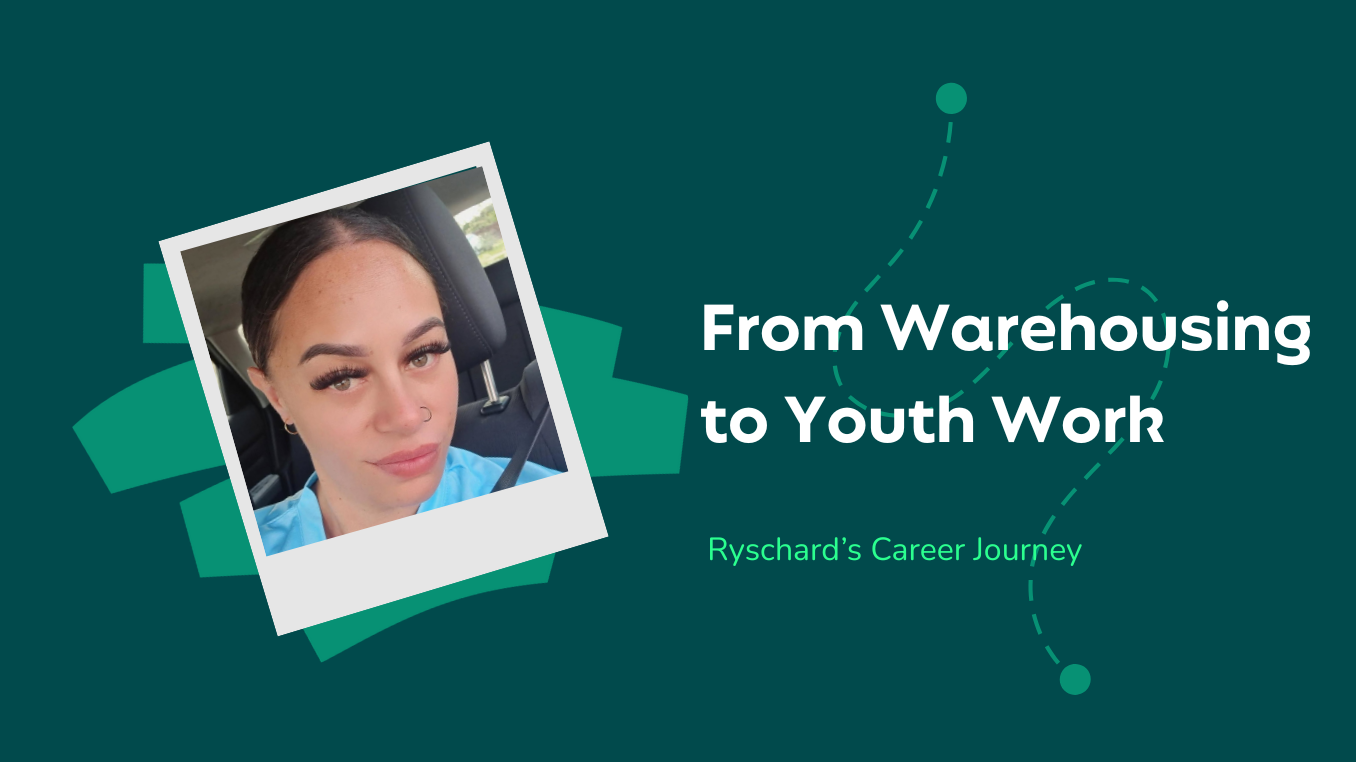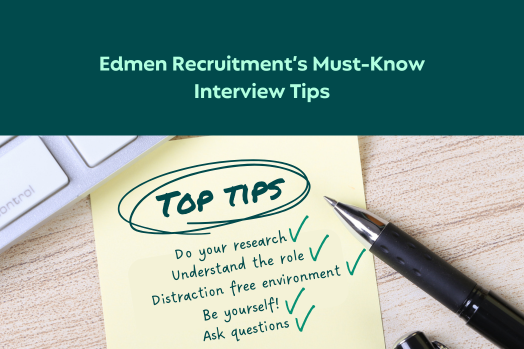Edmen Employee Hub

Everything you need. Right here.
This is where our employees can find everything they need to know, in one place.
From important work documents to after-hours processes, frequently asked questions and employee benefits, easily access the information you need, click the icons below to learn more.
Top tip - You can save this page to your bookmarks so you can return to it at any stage.
If you have any questions, suggestions please do not hesitate to contact your Service Coordinator
- Please keep your availability updated. You can email this through at any time, to your service coordinator or update it in the Active by People In App
- Keep your phone on you at all times and return the call as soon as possible.
- Please do not pull out of shifts via email. You must contact your Service Coordinator on call 1300 665 880.
Featured Blogs

One way we care for our team is by offering access to the PsycHealth Wellbeing App, a self-guided resource designed to promote mental well-being. This tool provides our staff with evidence-based strategies they can use anytime, anywhere, ensuring they have support tailored to their unique challenges.




